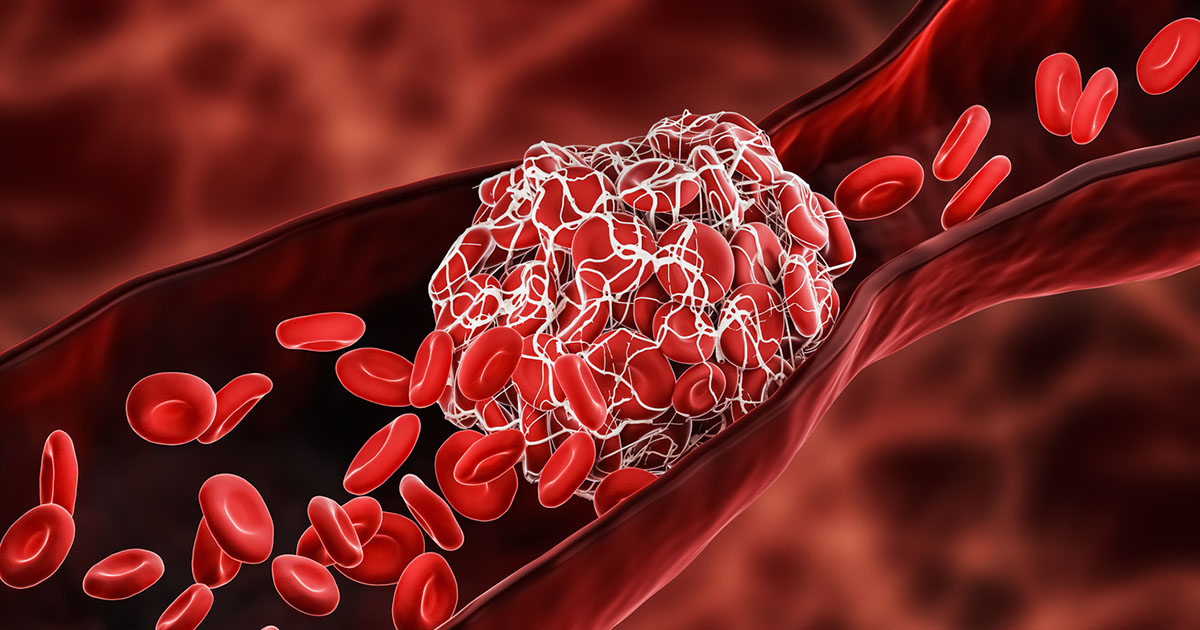In April 2015, the PCDS ran a survey to ask readers their thoughts on the NICE type 2 diabetes draft guidelines. Using the results, the PCDS were able to contribute to a letter (bit.ly/1nvCL19 [accessed 22.01.16]) during the consultation period, which was sent to Professor David Haslam, Chair of NICE. The letter encouraged reassessment of the guidelines and, after two draft publications and reports in the media, the final version of the updated guidance was published. The PCDS are pleased to report that over 300 people responded to the survey and some of the findings are reported here. The overwhelming response has encouraged the PCDS to organise further regular surveys to gauge opinion and foster the voice of PCDS members and the community – we hope you will continue to share your opinion with us this year.
Take the new survey now:
The UPDATED NICE type 2 diabetes guidance
Go to www.diabetesandprimarycare.co.uk/surveys by Thursday 31st March 2016 to have your voice heard.
Recap of the results from the draft NICE type 2 diabetes guidance survey
- Practitioners working in primary care, as well as practice managers, pharmacists, podiatrists, dietitians, research nurses, consultants and surgeons, responded to the survey.
- Approximately 50% of respondents had seen or were aware of the draft NICE guidance. Of those who had seen the guidance, 62% said at the time the first draft guidance was not fit for purpose.
- Over 75% of respondents follow NICE guidance all or most of the time when caring for people with diabetes.
- The recommendation of repaglinide was the most controversial part of the NICE draft guidance. When asked whether repaglinide is an appropriate substitute if metformin is contraindicated or not tolerated, 69% of respondents answered no. Nearly three quarters of respondents agreed the most common concern about using repaglinide was the three-times-daily dosing and whether people would be compliant.





SURMOUNT-5 trial pits tirzepatide against semaglutide, plus behaviour change support, for weight loss.
15 May 2025